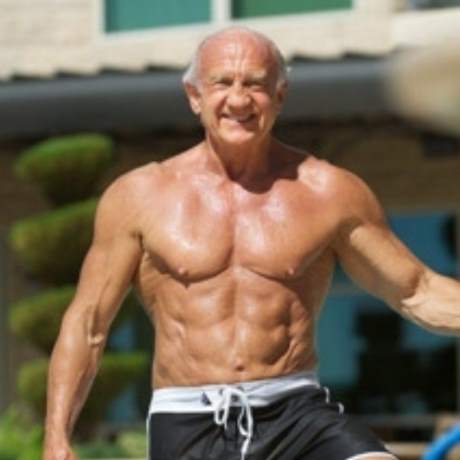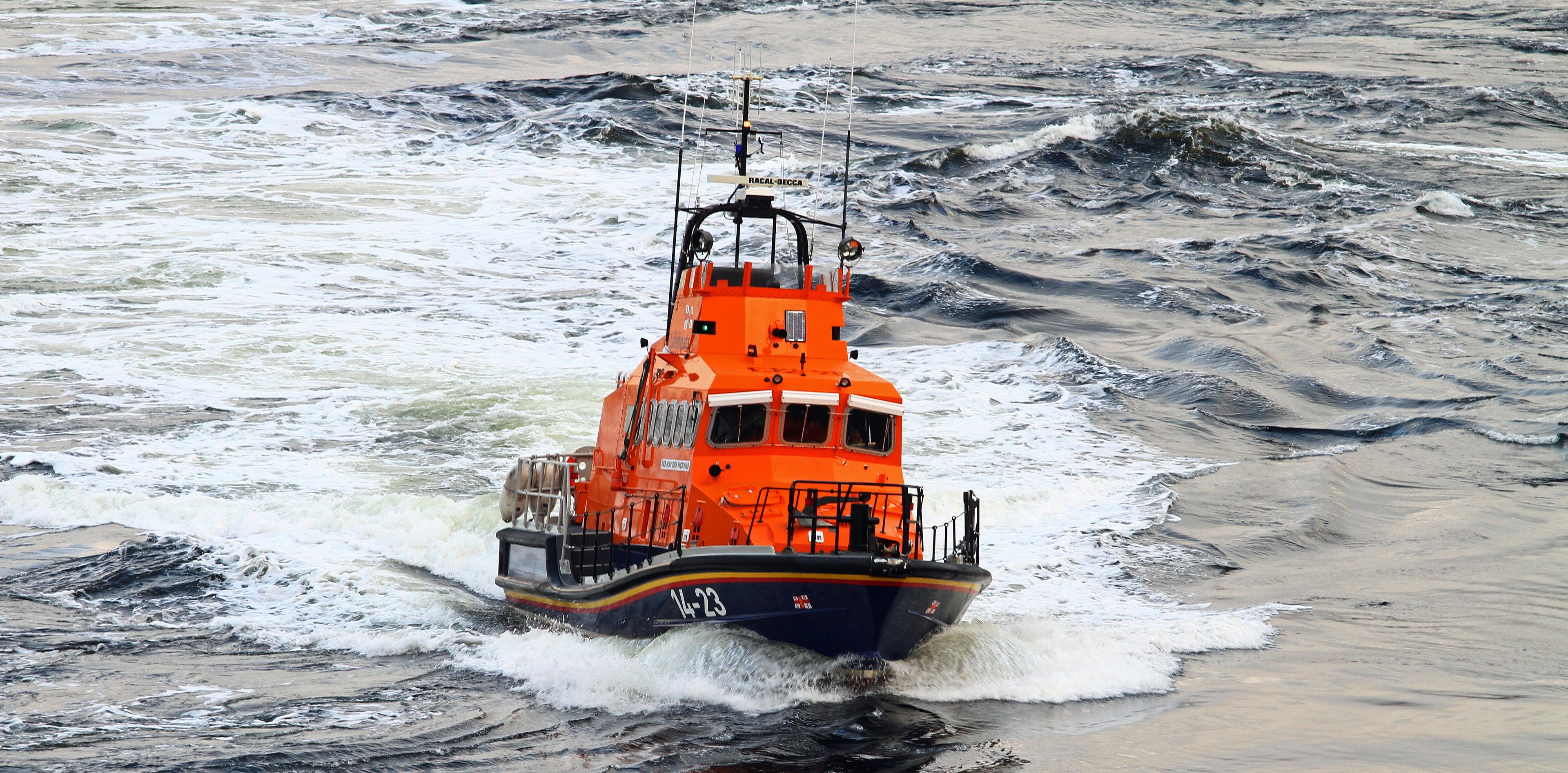

This uses a symptoms-based approach to ensure that non-medical volunteers can provide a high level of care to a wide range of casualties during rescues.Īs with any voluntary job, the more volunteers can bring to the organisation the more use will be made of them, says Dr Wilson. 'Just because she wasn't at sea doesn't mean we couldn't get involved,' he says.Īlthough doctors volunteering as crew are often British Association for Immediate Care (BASICS) members, this is not compulsory as crew volunteers do the RNLI Search and Rescue first aid course. The search and rescue helicopter was despatched to pick her up and, when it arrived, Dr Staff accompanied the patient to hospital. The lifeboat station got a stretcher to her and carried her up a steep road to a resident's home to warm up. He recalls that in Looe last December, a woman injured herself slipping on ice, and there was no easy way of getting an ambulance to her because of the bad weather. What better way to give something back than get involved with the lifeboat?' 'I grew up in Looe, and core to the community is its seafaring heritage. 'I can't walk out mid-surgery to a shout (rescue call), although I will help as an LMA.' Some LMAs are lifeboat crew as well, though this is generally a separate role.Īlso a crew member, Dr Staff says he only answers his pager outside working hours. The RNLI has 250 lifeboat stations around the UK and Ireland and most of its 300 LMAs are GPs. 'The commitment isn't huge for LMAs in terms of emergencies, though they will be doing other things for the RNLI in their spare time.'Ĭornwall GP Dr Dale Staff, LMA for the Looe Lifeboat, describes what he does in addition to emergency medical support: 'I give weekly refresher first aid training, annual medicals for the crew to ensure they're fit and advise on boathouse safety'. The type and incidence of disasters at sea varies with the area and its topography, so LMAs' and other volunteers' roles will be rather different at, for example, Weymouth on the south coast compared with Oban, he explains.ĭr Wilson reckons only 20 per cent of calls at Oban will require input from the LMA. Using Oban Lifeboat Station as an example, he says: 'Most of the calls for the LMA are about transporting sick people from the islands, sick people at sea and divers with decompression sickness'.


There are also GPs who volunteer as lifeboat crew.ĭr Colin Wilson is divisional medical adviser for the RNLI in Scotland. This includes its doctors: lifeboat medical advisers (LMAs) are typically GPs giving their time to their community. The RNLI is a charity and most members of its lifeboat station teams are volunteers. You stay in touch with the lifeboat by telephone and VHF radio throughout the rescue, continuing to advise the team. The coxswain has just reached the boathouse and needs your advice on the best way to handle the injured fisherman. You are the lifeboat medical adviser and sound asleep when the phone rings at 1am. The Royal National Lifeboat Institution's (RNLI) local station team goes into action. The boat is going to sink so the skipper makes a Mayday call.

The boat is violently rolling and its mechanic is seriously injured while trying to stem the flow when his arm smashes against the engine block. It is a stormy night and a fishing boat starts taking on water.



 0 kommentar(er)
0 kommentar(er)
